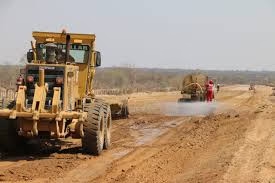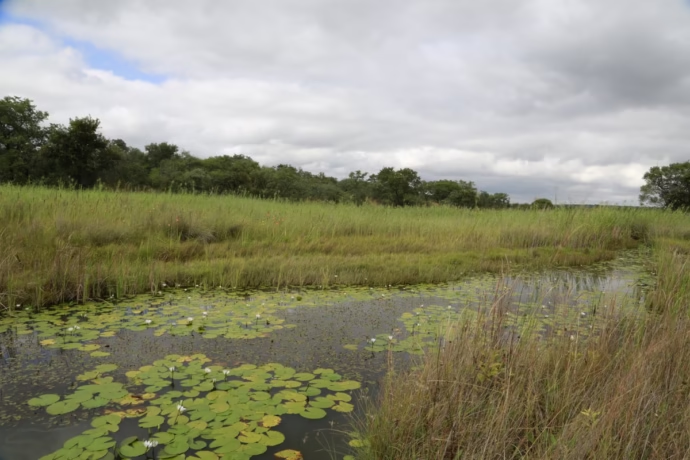
The government has issued a 48-hour ultimatum to local authorities to remove night vendors from streets across the country, citing concerns over littering, congestion, and public health risks.
Announcing the directive in Harare yesterday, Local Government and Public Works Minister Daniel Garwe stressed that vendors must operate only in designated areas and hold valid licences.
“Illegal vending perpetuates unsanitary conditions, as many operate without access to clean water or proper sanitation. This creates a serious risk of disease outbreaks such as typhoid, dysentery, and cholera. Additionally, the accumulation of waste has made roads, sanitary lanes, and sidewalks impassable, worsening both public health and security concerns,” he said.

The government has directed law enforcement agencies to assist local councils in clearing vendors and maintaining order.
Minister Garwe emphasized that night vending is not legally recognized, adding that the government would not facilitate an unregulated “night economy” that could fuel crime, drug abuse, and illicit trade. He urged daytime vendors to utilize existing designated markets.
Over the years, city authorities and police have struggled to enforce vending regulations, often clashing with illegal traders. Allegations of police corruption, where officers accept bribes to ignore violations, have also emerged.
Home Affairs and Cultural Heritage Deputy Minister Chido Sanyatwe warned that corrupt officers would be held accountable if evidence of misconduct is presented.
In Harare, Mayor Jacob Mafume pledged the city’s commitment to enforcing bylaws, saying vending should be conducted in regulated spaces.
“There is no permission for night vending. Even during the day, vending is subject to strict regulations. People cannot just set up shop wherever they please,” he said.
To curb corruption, Mafume proposed introducing name tags for council police officers to improve transparency and accountability.
At the same time, authorities are intensifying their crackdown on illegal kombi operations in a bid to restore order in the capital.
National police spokesperson Commissioner Paul Nyathi revealed that only 2,500 to 3,000 kombis out of nearly 16,000 are registered, while the rest operate illegally.
“We have laws governing kombi operations, and there’s no room for lawlessness. Since January, police have impounded nearly 10,000 unlicensed vehicles, which are currently being screened in collaboration with the Vehicle Inspectorate Department (VID) and local authorities. Only roadworthy vehicles will be allowed back on the streets,” he said.
Commissioner Nyathi urged Zimbabweans to embrace law and order as part of the country’s broader development goals.




